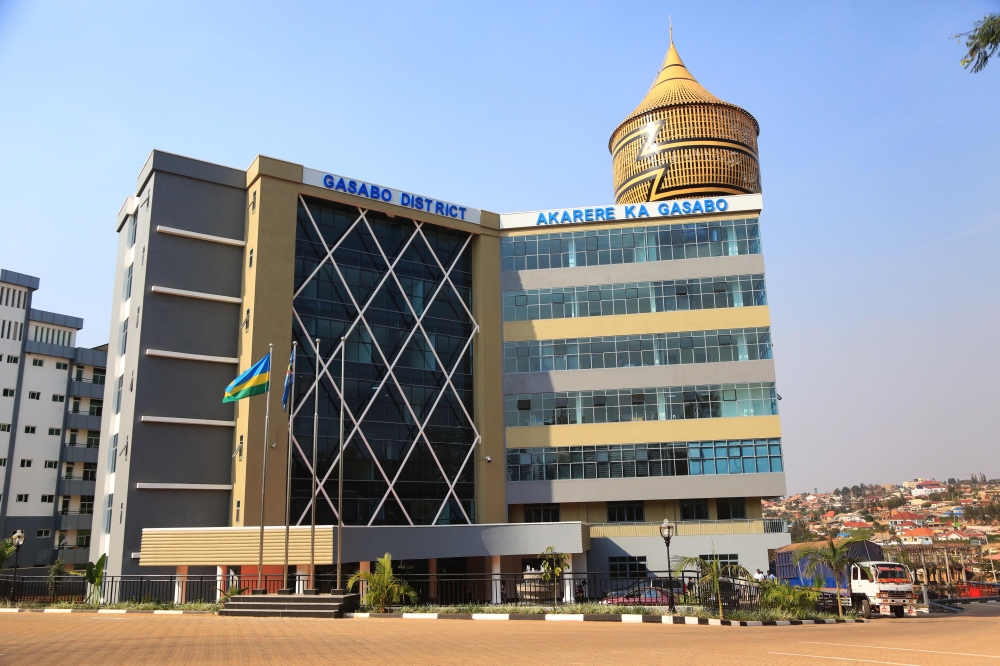IF anyone had illusions that good intentions or objectivity inform western mainstream media when it comes to reporting about this part of the world, then the pattern of news reporting in regard to the ongoing conflict in eastern DRC should by now have disabused them of such illusions. Specifically, how they have sought to frame the story for their audiences is telling.


IF anyone had illusions that good intentions or objectivity inform western mainstream media when it comes to reporting about this part of the world, then the pattern of news reporting in regard to the ongoing conflict in eastern DRC should by now have disabused them of such illusions. Specifically, how they have sought to frame the story for their audiences is telling.To begin with, we are always told that mainstream media in the west, is the paragon of virtue when it comes to objective reporting. More so, we have most of the time been bombarded with information that western journalists are independent and are never influenced by any outside forces.But the failings of western journalists have been well documented in various conflict areas and crises that, by now, many who watch them in action, should be forgiven for being cynical. In 1994, many of them followed in the footsteps of their brothers/sisters in embassies and international agencies to beat a hasty retreat from Rwanda.Sometimes, some people can be forgiven for harbouring the illusion that these foreign correspondents come to report Africa with an open mind. More to that, such sentiments are also extended to other western organisations and missions in this part of the world. But that is far from the truth and if it has any grain of truth, it is in between and largely insignificant.In the run up to the suspension of British budget support to Rwanda two days ago, a report aired on Channel 4, sought to largely illustrate to British viewers, that their money has been put to waste in Rwanda.This is just the latest in a series of reports in British media that seek to inform the British taxpayer that their money has gone down the drain in Rwanda, thanks to their own government’s whims. With a mere sprinkle of information that Rwanda has been the best over the years when it comes to putting foreign aid to good use, they largely offer a pessimistic story based on mere allegations.In framing such a news narrative, these sections of the British media are aware of the ongoing financial difficulties affecting the average taxpayer in the United Kingdom.They are aware that many taxpayers are deeply frustrated about austerity measures that have been undertaken to mitigate the effects of bad economic times. Therefore, they are playing to the emotions of a frustrated lot, who may be looking for where to channel their anger.It becomes an absurdity when a supposedly well bred and erudite journalist, concludes by asking a question as to whether the British taxpayer is sure if their money is not being used to nurture a future tyrant. From this one can deduce what is implied. That educating a young Rwandan, or helping raise one; if such a kid becomes a leader in the future, they will be of the tyrant variety.In posing such a rhetorical question, such a journalist is helping to reinforce well known prejudices. That nothing good will come out of even the young ones that may be beneficiaries of this kind of aid, leave alone the current leaders!Also, we learn other important lessons from all this kind of reporting. It confirms a number of studies that have been carried out in regard to western reporting about Africa and other parts of the third world. A story will hardly be reported if it is not connected to western audiences. Either it is linked to western money or personalities.So, you will see Ben Affleck in Goma and reporting will be juxtaposed to him as the good guy from America helping out. He is the hero who had come to rescue the wretched of the earth from inflicting self harm! In all this kind of reporting, it is evident that little value, if at all, is attached to the Rwandans or Congolese, on whose lives these narratives are constructed.Interestingly, it is difficult to pinpoint whether these people that seek to hold others accountable, are accountable to anyone themselves. Media, whatever form or origin, must be accountable because of its ever growing power and capacity to influence national and international opinion and galvanise call to action. This is because erroneous reporting that lacks objectivity will most likely have far reaching negative implications.




